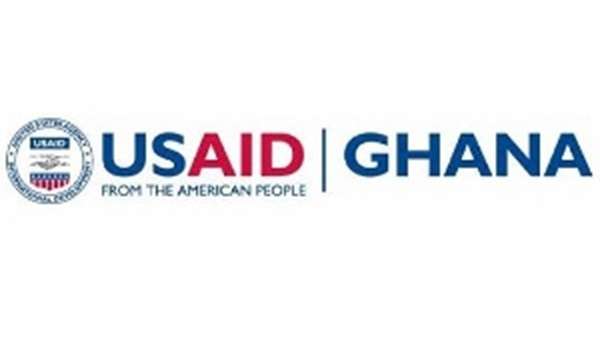The Bank of Ghana (BoG) has achieved a significant milestone in the realm of digital finance with the completion of the first Proof of Concept (POC) under Project Digital Economy Semi-Fungible Token (DESFT). This achievement marks a crucial step forward in the adoption of innovative financial technologies, particularly in the context of cross-border transactions.
Project DESFT, initiated in collaboration with the Monetary Authority of Singapore (MAS) in June 2023, aims to explore the potential of digital credentials in facilitating secure and efficient cross-border trade. The completion of the first phase involved the design and development of a trusted credential system, laying the foundation for subsequent advancements.
At the launch event for the Completion of Cross-Border Trade Using Digital Credentials, Mr. Kwame Oppong, Director of the Fintech and Innovation Office at BoG, underscored the significance of this milestone. He emphasized the transformative potential of digital credentials in streamlining key aspects of trade, including authentication and verification processes.
“Prospective introduction of the eCedi is poised to significantly enhance Ghana’s dynamic payment ecosystem, fostering inclusive growth and innovation while improving consumer experiences,” remarked Mr. Kwame Oppong, Director of the Fintech and Innovation Office at the Bank of Ghana (BoG).
Pivotal Role of the eCedi in Driving Inclusive Growth
Mr. Oppong underscored the pivotal role of the eCedi in driving inclusive growth and innovation while enhancing consumer experiences.
“With its interoperability with the DESFT system, and verifiable credentials via UTC, the eCedi had the potential to facilitate the participation of Ghanaian Micro, Small, and Medium Enterprises in international trade cost-effectively,” Mr. Oppong added.
“Project DESFT is aimed at supporting SMEs in Africa to engage in international trade by removing significant obstacles they face, such as establishing trust with overseas trade partners and obtaining support in cross-border payments and supply chain finance.
“We believe that the new generation of financial technology offers innovative approaches to these challenges. After nearly a year and two phases of development, we have crafted a reliable information exchange solution founded on UTC standards and Semi-fungible Token technology.”
Mr. Kwame Oppong
He continued, saying “The Bank had rigorously tested a cross-border payment solution built upon the principles of Purpose Bound Money (PBM) and conducted real trade experiments which fully align with our predetermined objectives.”
“The next phase of Project DESFT will continue to build upon the current achievements,” Mr. Oppong concluded, “focusing on highly automated digital credential processes, programmable payments across multiple digital currencies, and support for supply chain finance.”
The essence of Project DESFT lies in empowering small and medium-sized enterprises (SMEs) by enabling them to digitize essential trade-related documents such as licenses, certificates, and trade records. By leveraging secure distributed ledger technology, these digital credentials enhance transparency and trust, thereby facilitating smoother interactions between trade partners and financial institutions.
Building upon the groundwork laid in the initial phase, Phase 2 of Project DESFT, executed in April 2024, marked a pivotal moment in the project’s evolution. This phase involved the execution of a live cross-border trade between Ghana and Singapore, leveraging a suite of innovative solutions including the DESFT platform, Universal Trusted Credentials (UTC), a Singapore Stablecoin, the Ghanaian Central Bank Digital Currency (CBDC) known as the eCedi, and the Purpose Bound Money protocol.
Mr. Oppong highlighted the successful execution of live transactions as a testament to the feasibility and effectiveness of utilizing the eCedi in cross-border transactions. He emphasized that this achievement not only validates the potential of the eCedi system but also sets the stage for future interoperability with diverse cross-border credential and payment platforms.





















